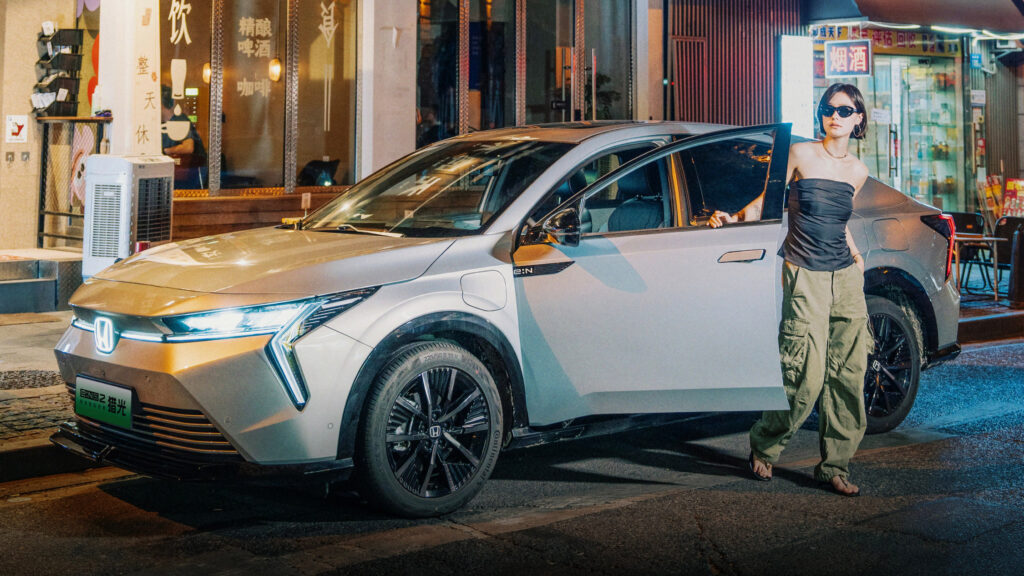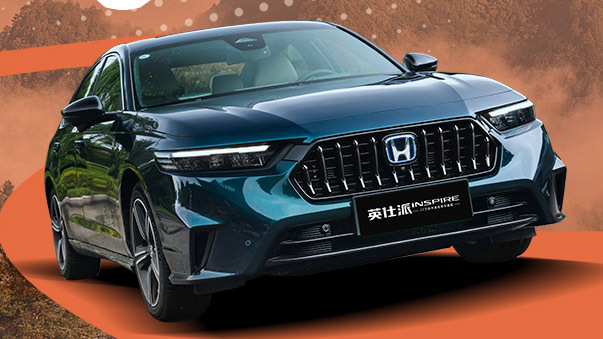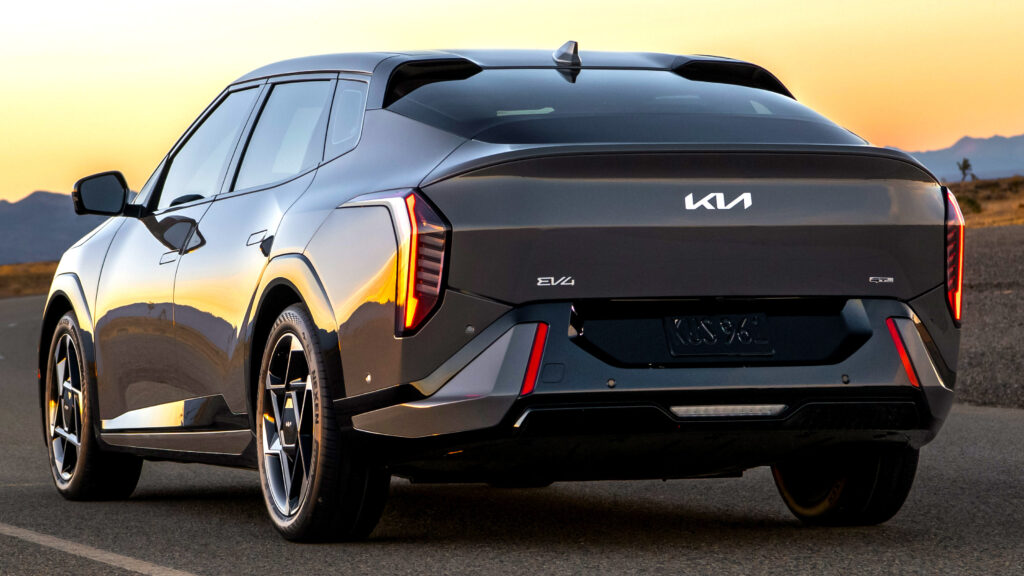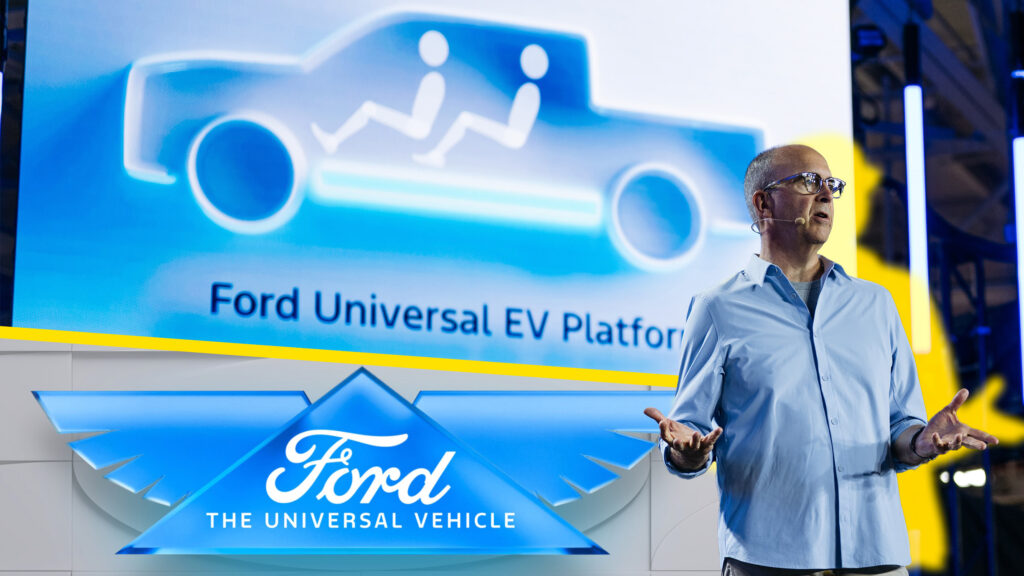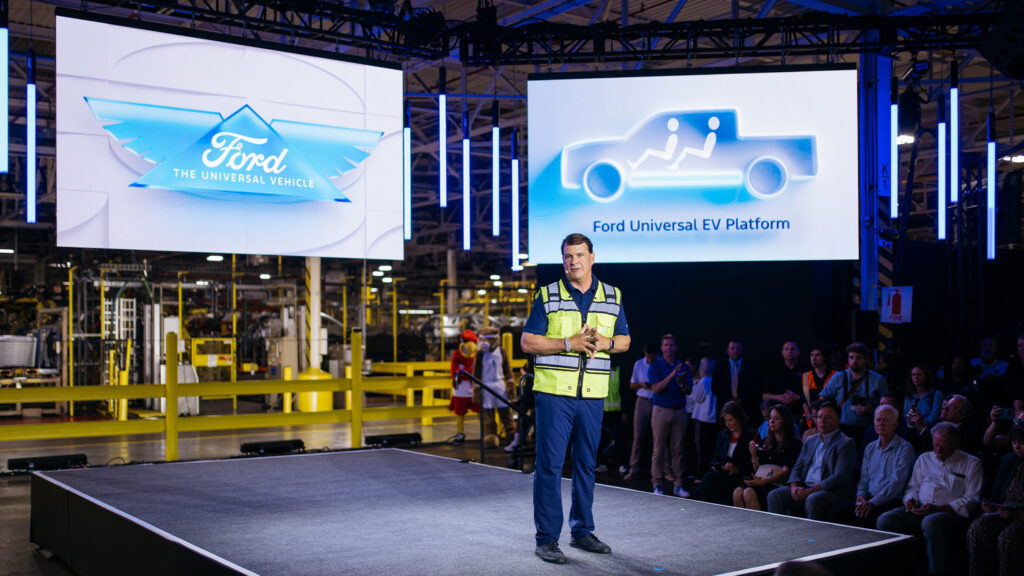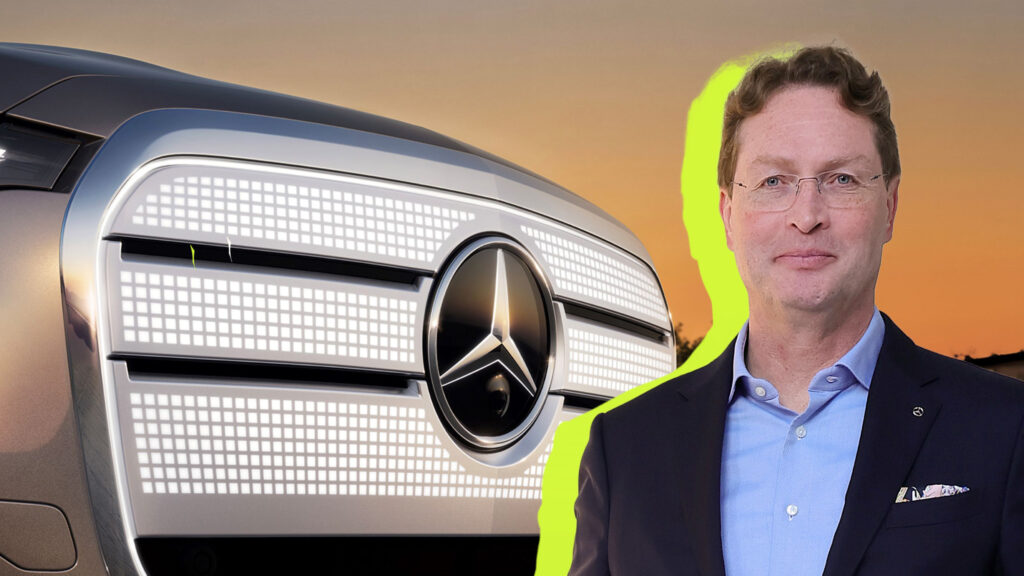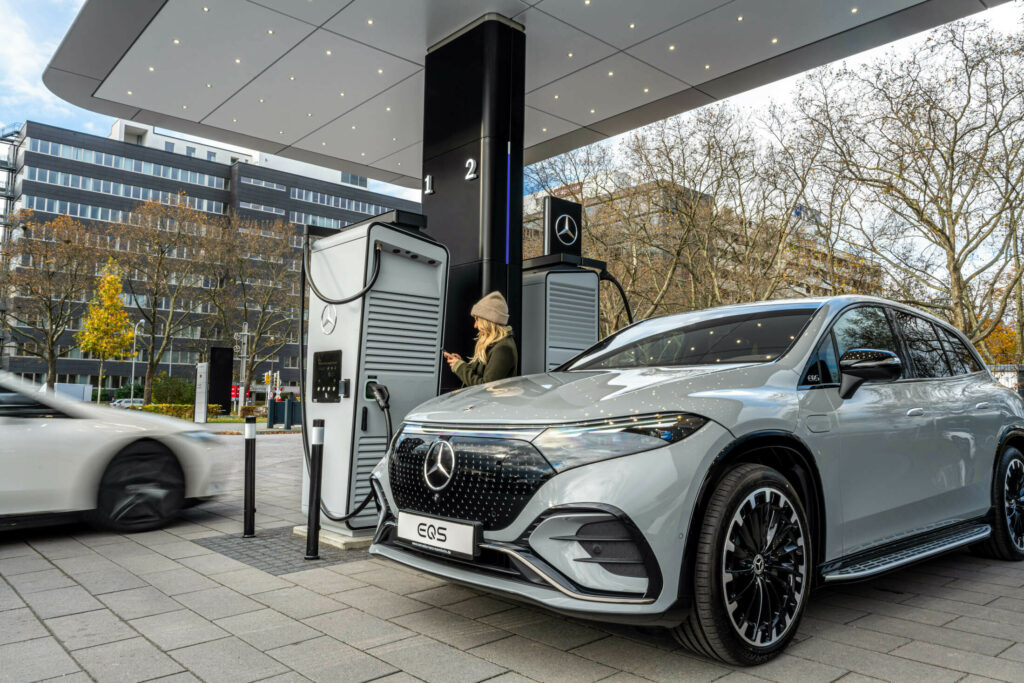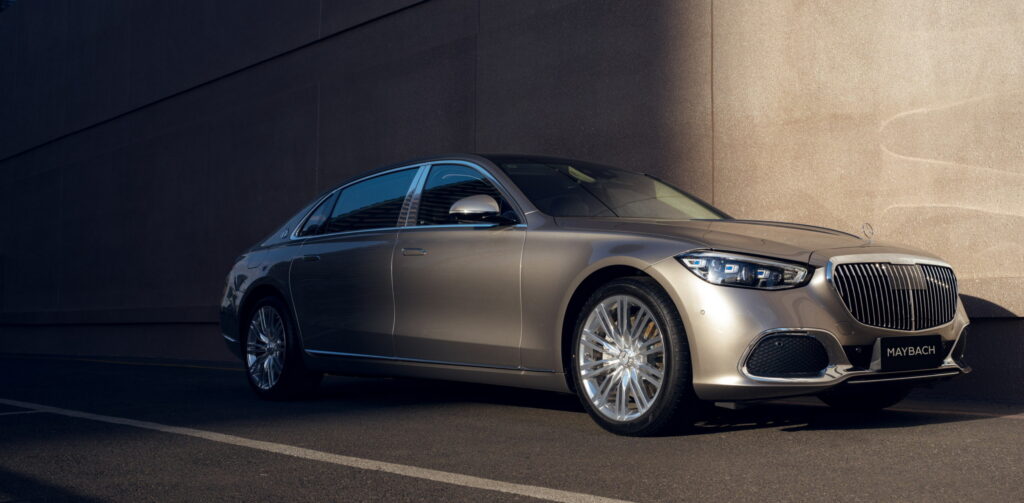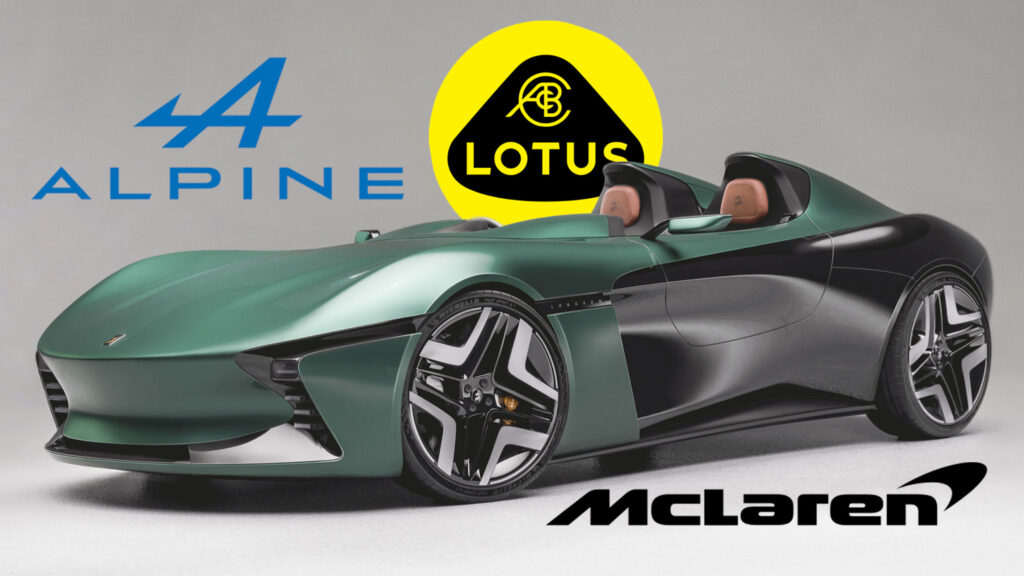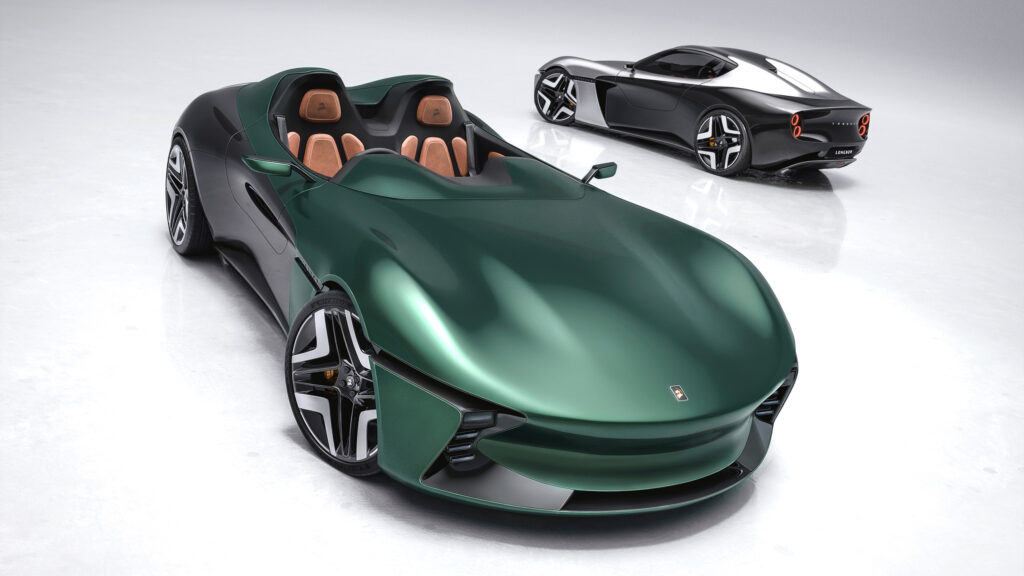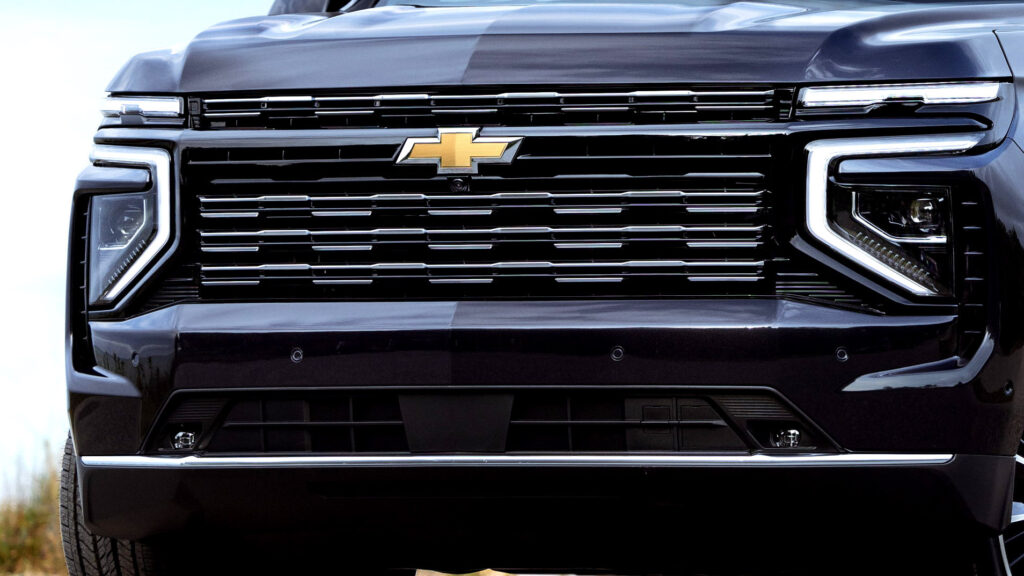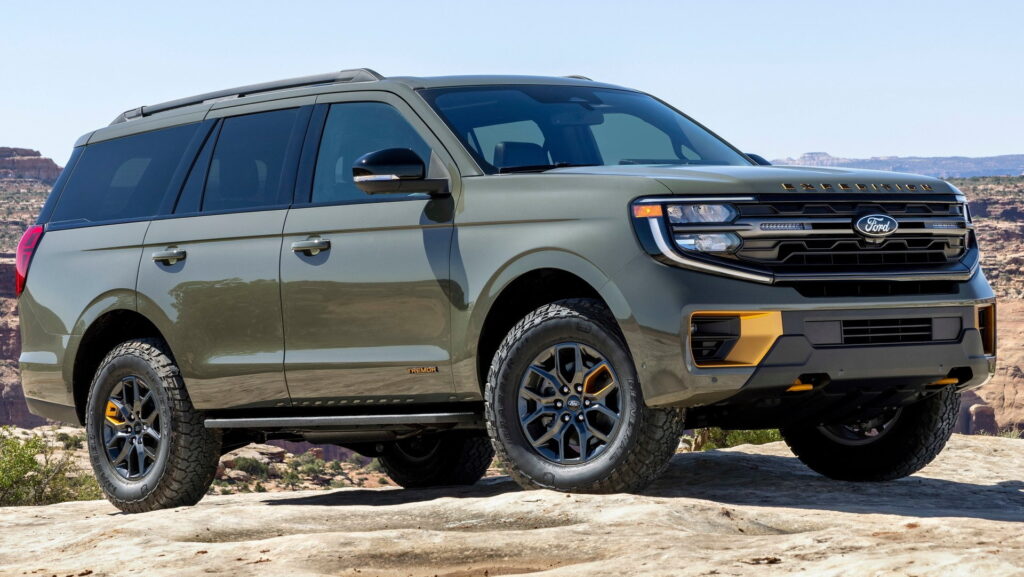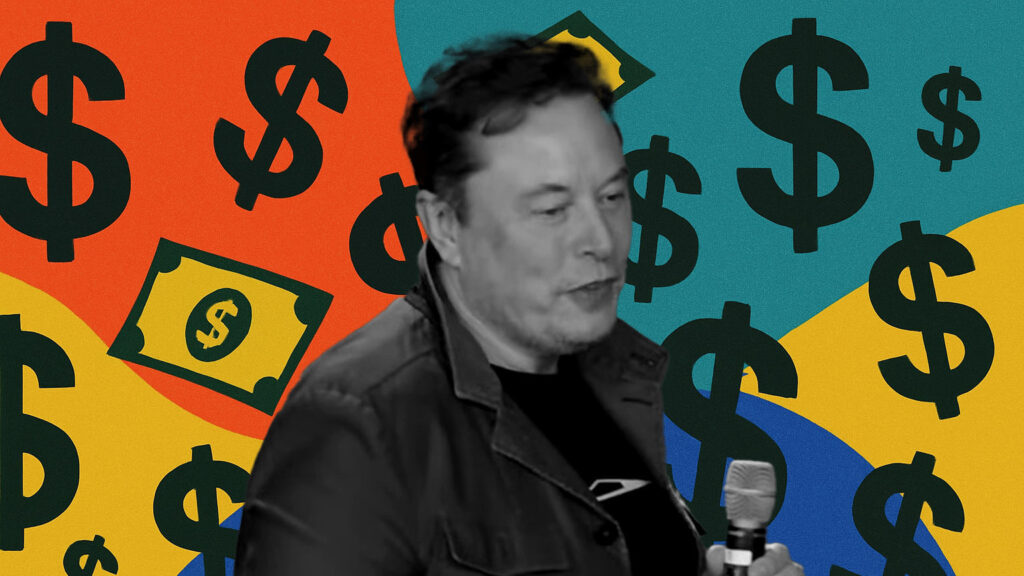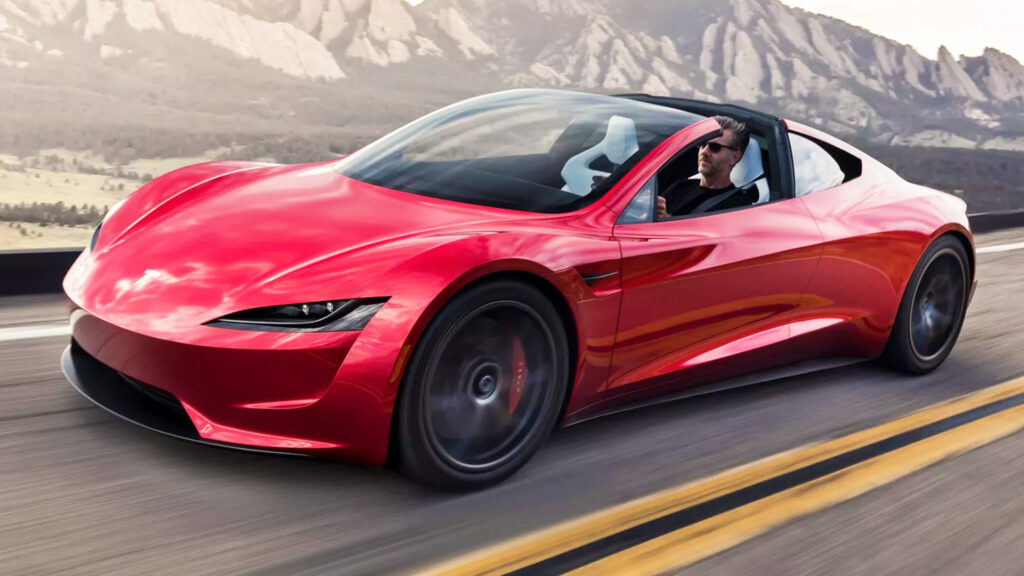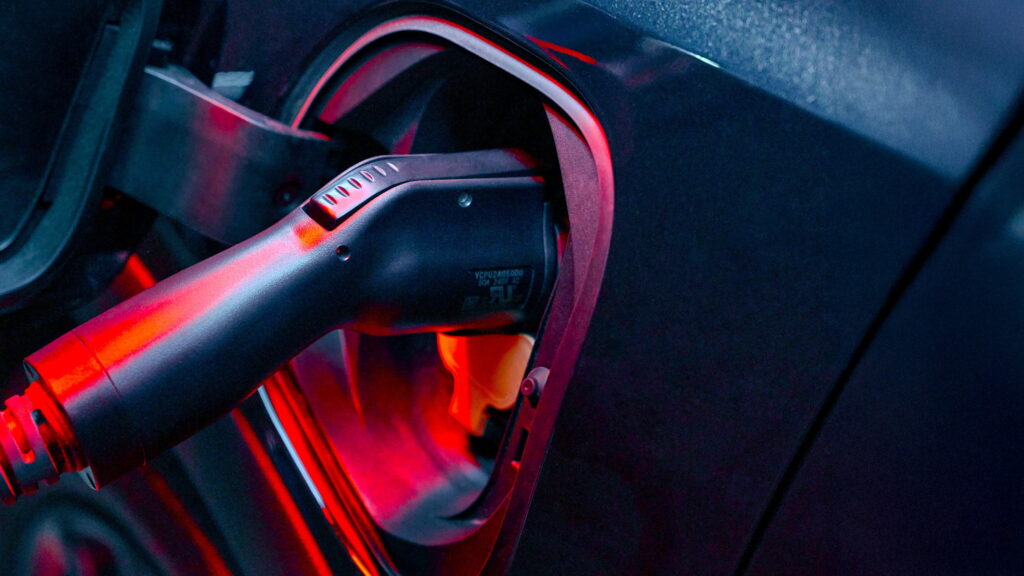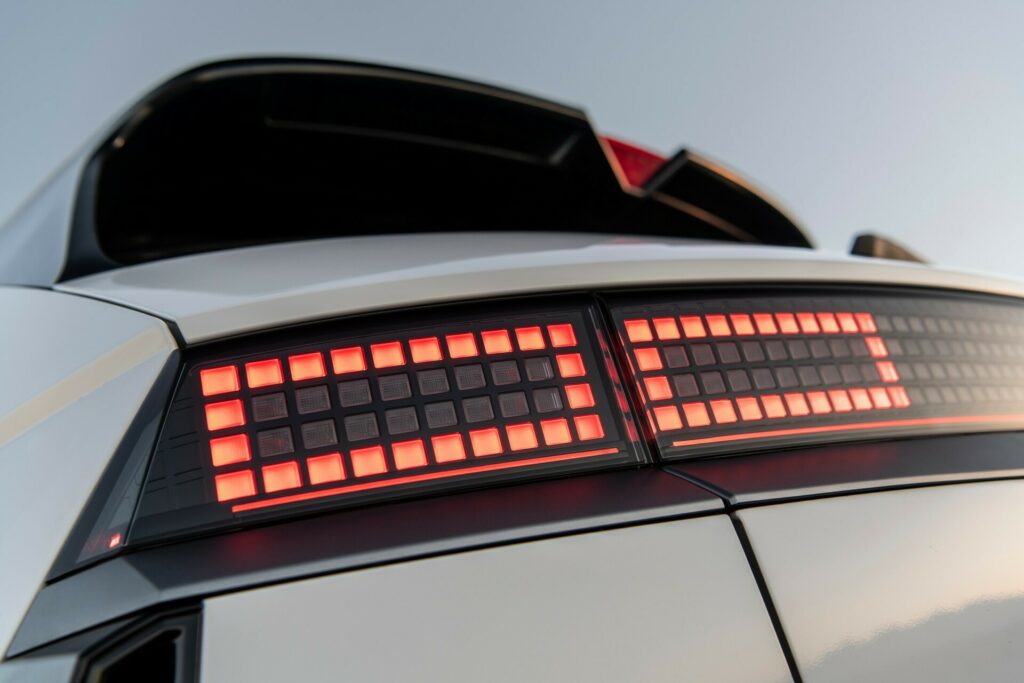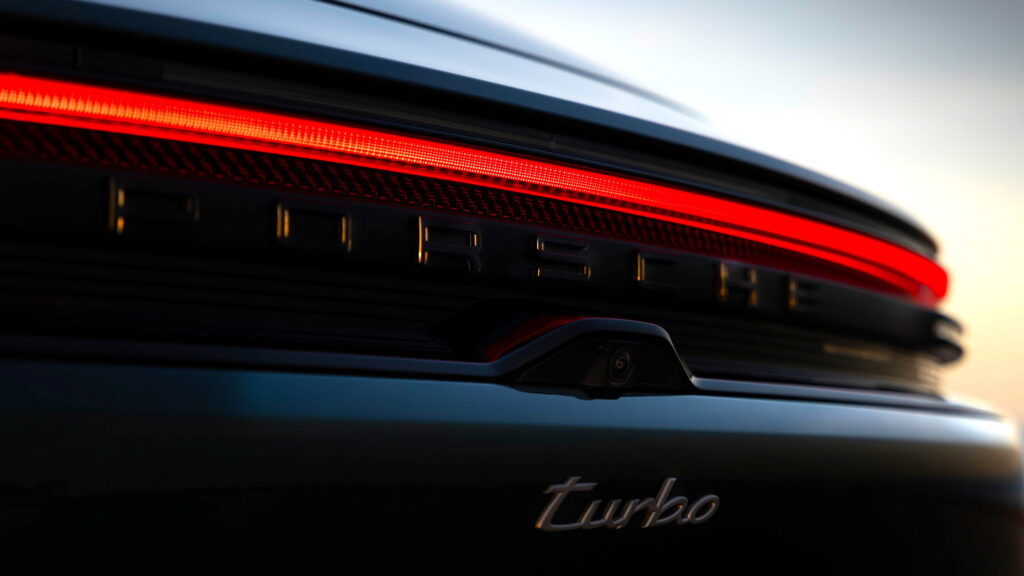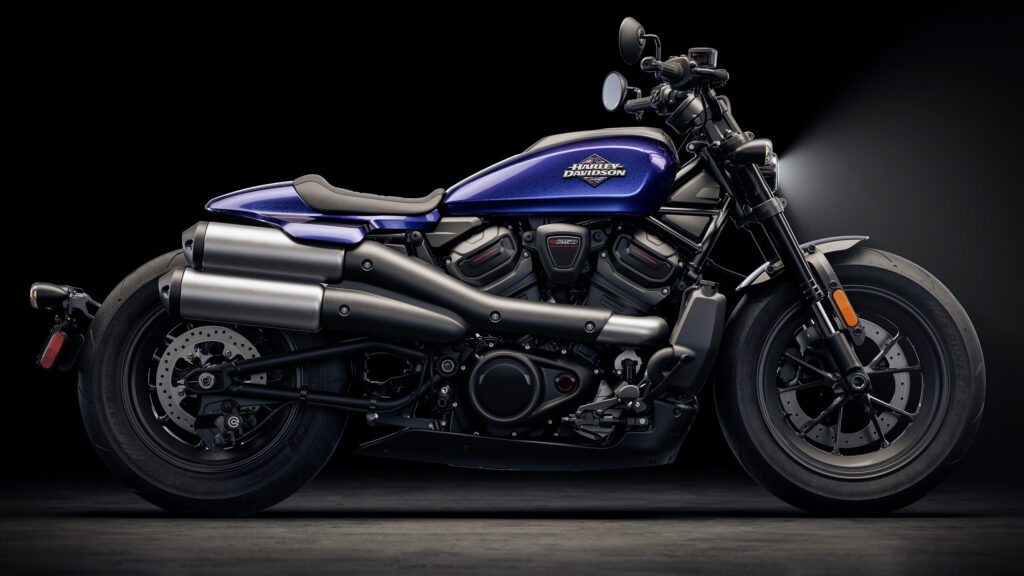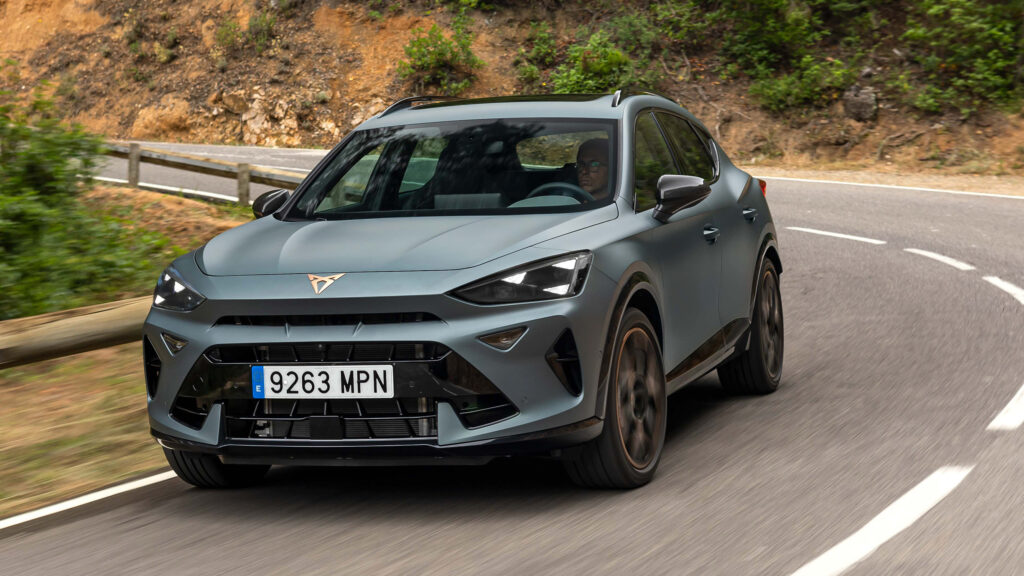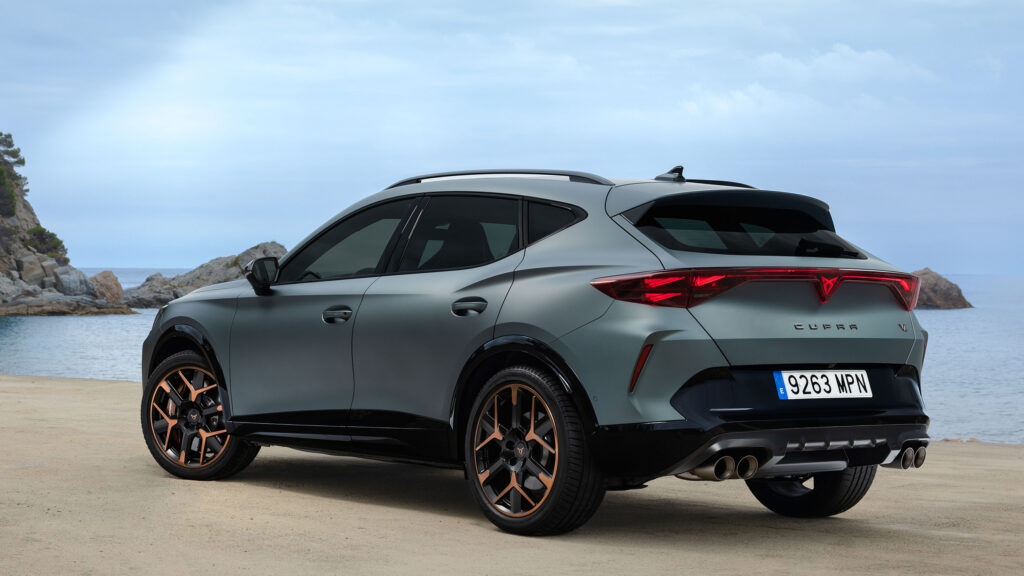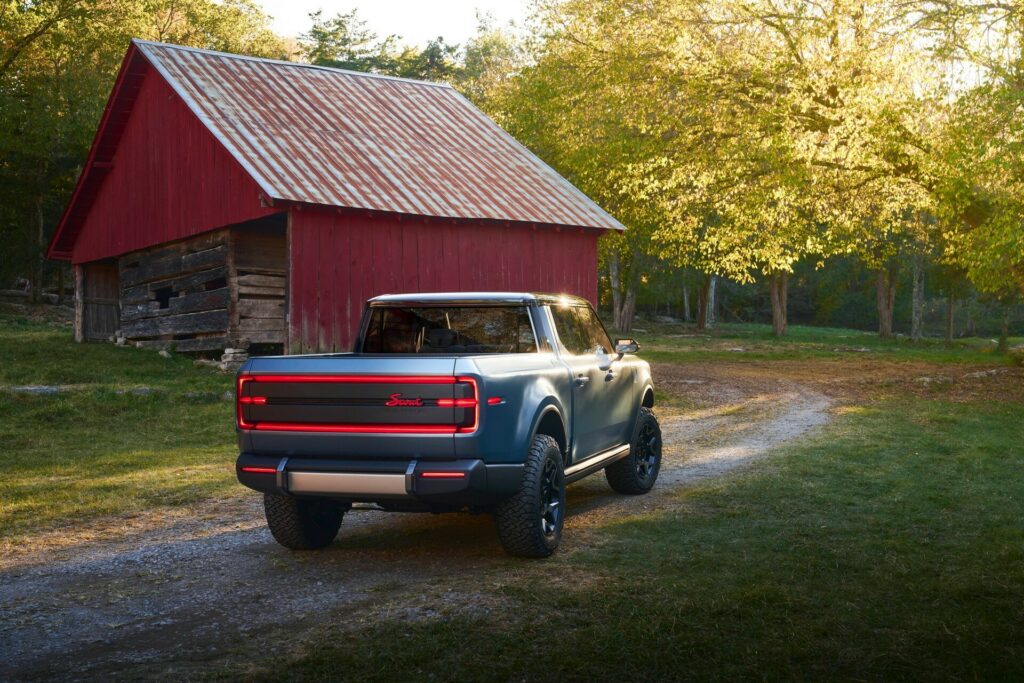Tesla’s Big Promise On Self-Driving Just Opened The Door To Lawsuits
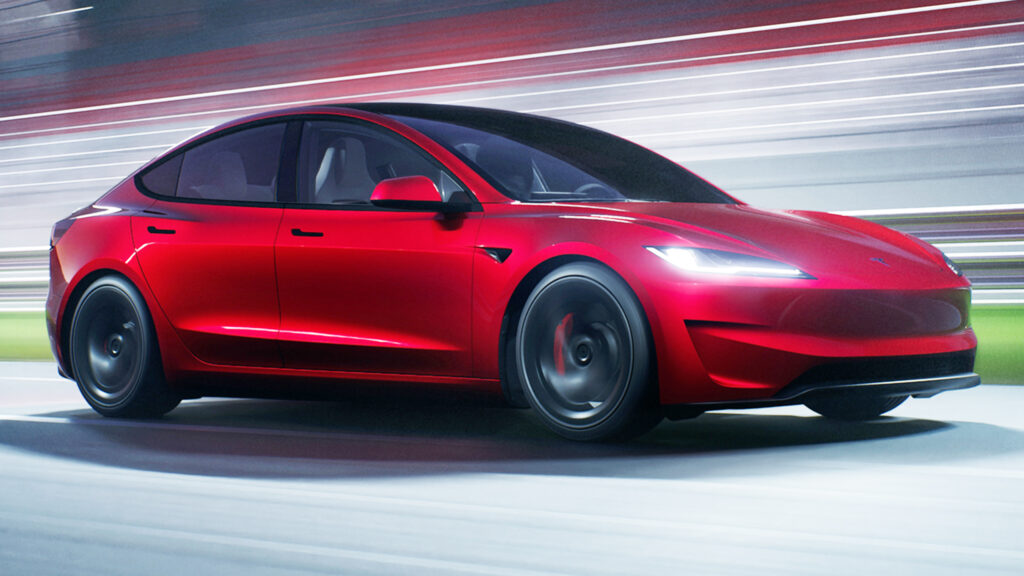
- Tesla has claimed that all of its EVs built since 2016 contained full self-driving hardware.
- A judge criticized Tesla for failing to demonstrate a true long-distance self-driving capability.
- The ruling could open the door for multiple class action lawsuits against the automaker.
Tesla’s Full Self-Driving (Supervised) system, along with its ambitious claims, has repeatedly drawn the company into controversy, and it now faces yet another round. The company is once again facing legal trouble, this time after a U.S. District Judge in California ruled that Tesla must answer a certified class action alleging it misled drivers about the self-driving abilities of its vehicles. Tesla had argued the case should be dismissed, but the court disagreed.
Read: Musk’s Robotaxi Pitch Just Backfired And Shareholders Are Suing
The automaker has consistently promoted the idea that all vehicles it built since 2016 came equipped with hardware capable of full self-driving, albeit under supervision. These assurances were made across Tesla’s website, blog posts, social media channels, and directly by chief executive Elon Musk.
In practice, though, the cars have not lived up to those promises. Tesla also asserted that vehicles with its Full Self-Driving package would eventually deliver Level 4 and Level 5 autonomy, but neither has materialized.
Judge’s Assessment
U.S. District Judge Rita Lin noted that claims about Tesla vehicles lacking the necessary hardware for autonomous driving, combined with the company’s failure to “demonstrate a long-distance autonomous drive with any of its vehicles,” provide grounds for lawsuits brought by two groups of drivers.
Tesla does not engage in typical mass advertising, and the Judge noted that ordinarily, the channels it used to promote its self-driving hardware and software may not be “enough to establish a class-wide exposure for a traditional car manufacturer.”
However, she said it’s reasonable to infer that class members went to Tesla’s website for information on its Full Self-Driving (Supervised) technology. She added that thousands of people likely saw a claim on Tesla’s website from October 2016 to August 2024 that said its vehicles contained the hardware necessary for fully autonomous driving.
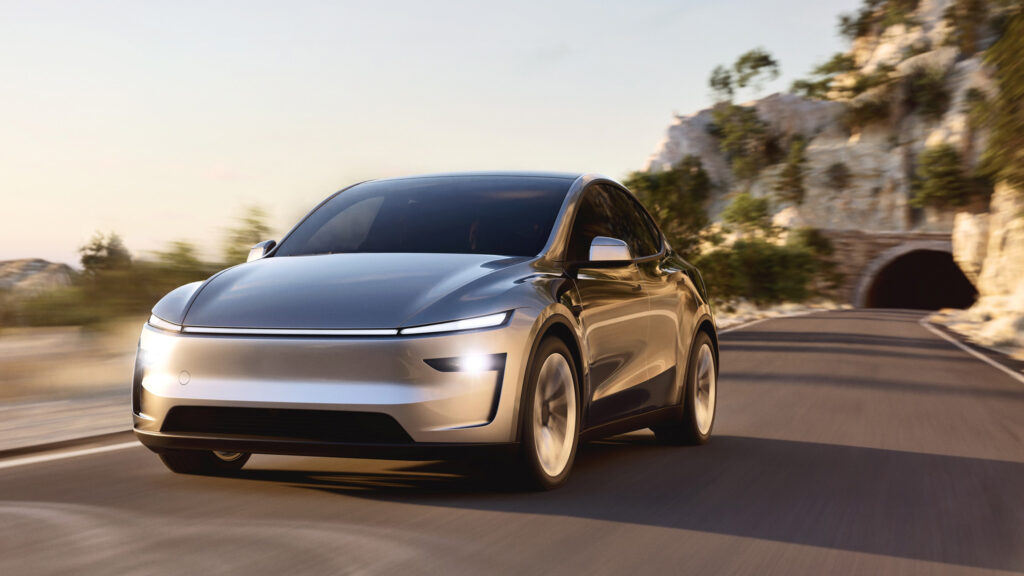
Tesla’s Defense
Tesla countered that it is unreasonable to assume all class members saw those statements. The automaker also argued there is no unified proof showing the claims were significant enough to influence purchasing decisions, according to Reuters.
The class actions in California include drivers who purchased the Full Self-Driving Package from May 19, 2017, to July 31, 2024, and who opted out of Tesla’s arbitration agreement, as well as drivers who purchased the package from October 20, 2016, to May 19, 2017.
In the US, Tesla’s arbitration clause requires all disputes to be resolved through arbitration rather than in court, unless a purchaser or lessee opts out of the clause within 30 days of buying or leasing a Tesla vehicle.


